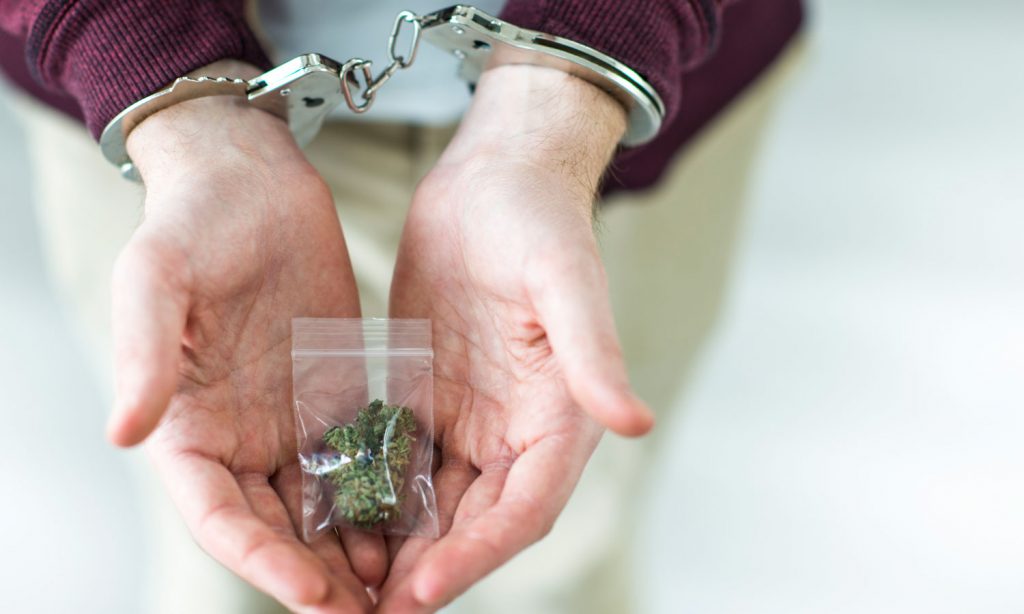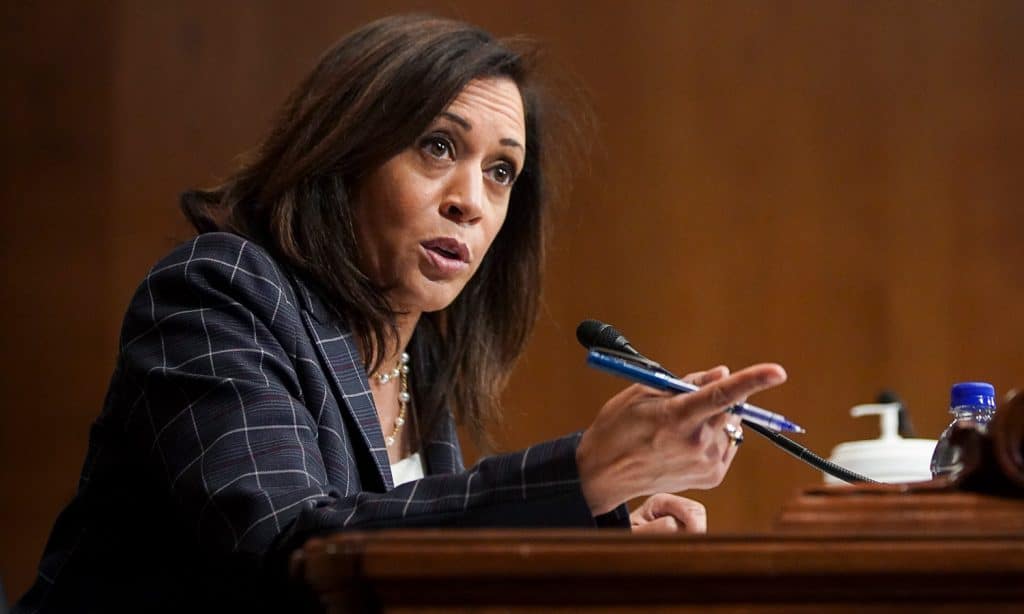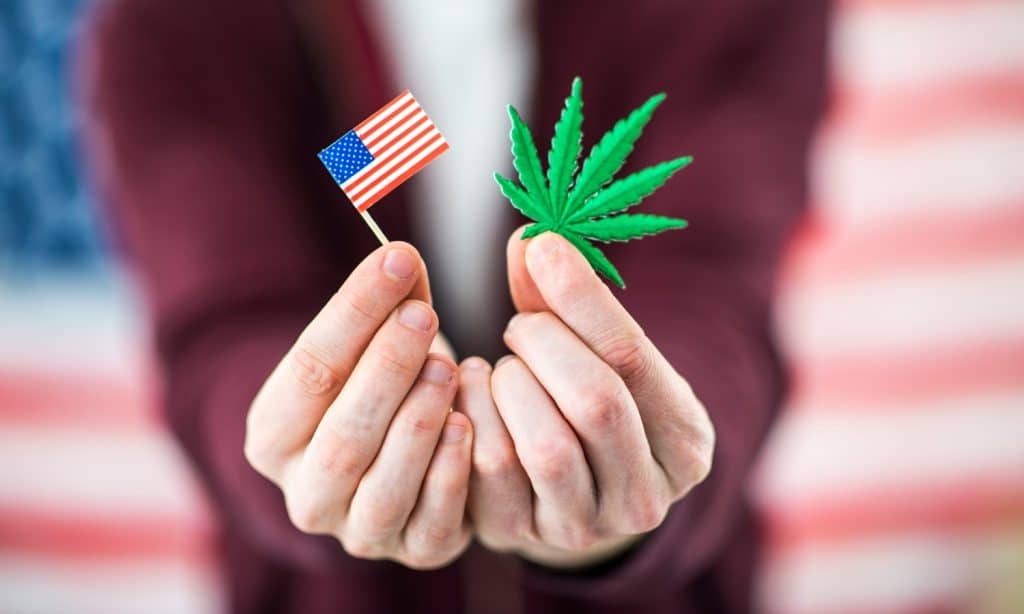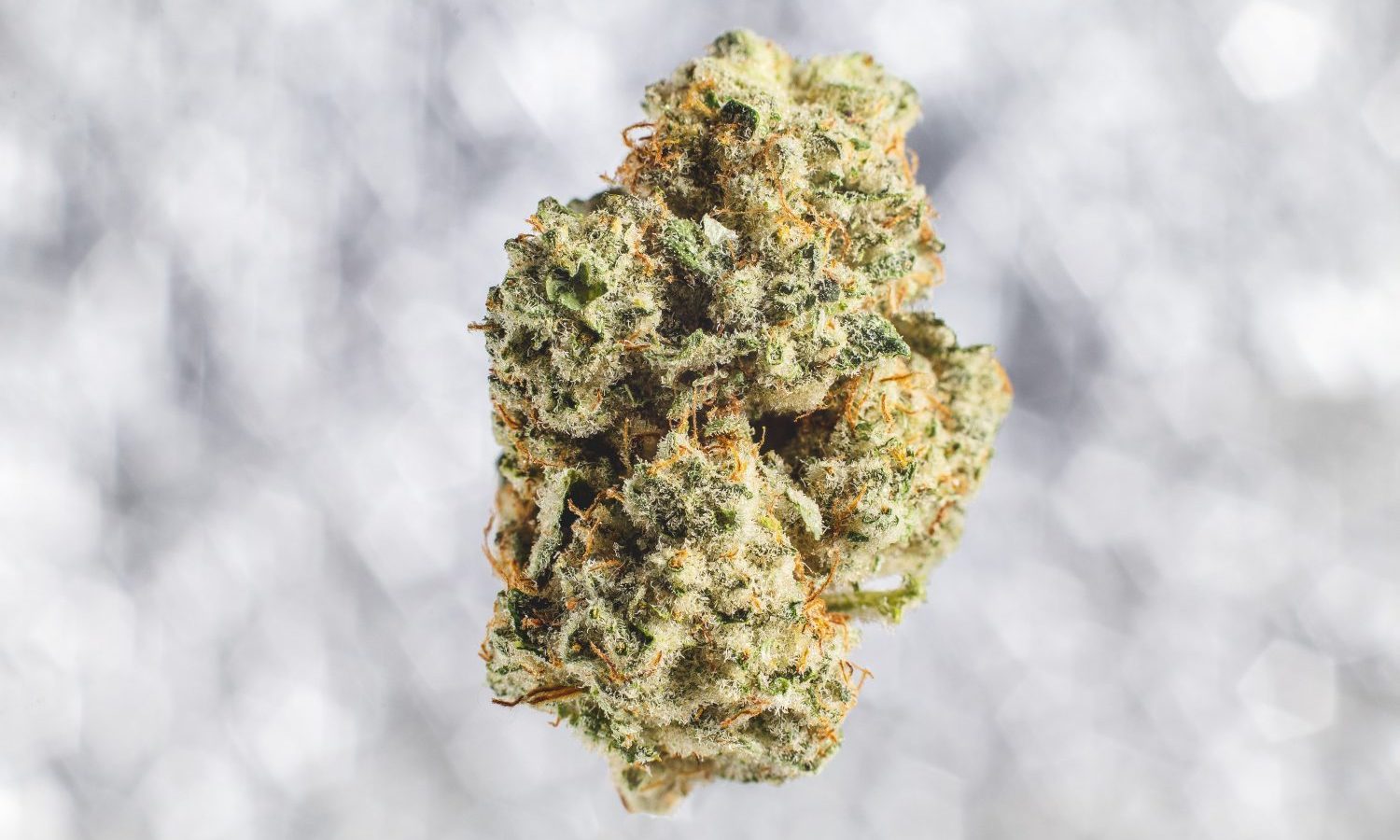The people have spoken, the U.S. is ready to go, and it’s time to pull the trigger on legalization.
It’s time. Cannabis history is having its moment. Here is a deep dive on a key congressional day for cannabis. Let’s hope it goes well.
The election is over, cannabis had its biggest voter approval day ever on November 3, and everyone who has a stake in the cannabis industry is saying it out loud: The cannabis legalization battle is over.
In total, 15 states have now either enacted or have voted to enact adult-use legalization laws, while 36 states have either enacted or have voted to enact medical marijuana access laws.
National support for cannabis legalization has reached an all-time high, as 99% of Americans now live in a state that either has now or will soon have some form of legalized marijuana as a result of the 2020 elections.
The National Organization for the Reform of Marijuana Laws (NORML) is cheering the move, calling it “…a uniquely popular issue with voters of all political persuasions.”
The National Cannabis Industry Association (NCIA) is banging the gong as well. United States Representative Earl Blumenauer (D-OR), who has been the strongest and most consistent voice for legalization for years now is chomping at the bit to get the deal done.
Step one is scheduled for Wednesday, December 2—an historic hearing on the Marijuana Opportunity Reinvestment and Expungement Act (the MORE Act, or H.R. 3884), originally introduced by now Vice President elect Kamala Harris and recommended for passage in the House by the Committee on the Judiciary.

It feels like full legalization—not just rescheduling but taking cannabis entirely off the Drug Enforcement Administration (DEA) schedule of substances where it has lived since the hippie-hating Nixon administration parked it there—is at hand.
A few discussions in the House on the MORE Act, which then gets voted on and pushed to and through the Senate, and voila: Open the floodgates because cannabis will join the agriculture mainstream as a just another cash crop, free and clear of all the hindrances that The Man has created to crush it.
It should be a slam dunk. But let’s take a deeper dive.
This article is not about another affirmation, another confirmation, another declaration of clarification that Joe Biden and Kamala Harris will get to work and fix this broken bit of 60-year-old stupid centered around growing and selling a plant that can get you thrown in prison in one state and make you a millionaire in the next state.
RELATED: Congress To Vote On Nationwide Marijuana Legalization In December
This article is a pick axe chipping away, mining down, revealing a blur of red flags throwing shadows of doubt on the light at the end of this particular tunnel leading to cannabis legalization, because full and complete cannabis legalization is nowhere close to being a done deal under this new administration.
The ifs and ands come with pretty large buts.
It begins with Joe Biden.
Biden’s record with cannabis and the war on drugs is messy, as outlined in a GOP memo in June, 2020. He was the sponsor of the National Drug Control Strategy Act of 1990, which, among other things, provides for asset forfeiture for drug offenses and the training of police using military tactics and equipment—both pillars of abuse within the war on drugs.
RELATED: Could Marijuana Legalization Unite A Divided Country?
Biden’s pre-election plan called for the legalization of medical cannabis only, keeping cannabis on the DEA’s list of abused substances and dropping it to a Schedule II drug from its current listing as Schedule 1 drug—on par with heroin.
Biden is not exactly on the same page as his VP, who has her own bumpy background on cannabis.
First the good news: Kamala Harris is the Senate sponsor of the MORE Act in July, 2019 [co-sponsored by seven Democrats and no Republicans, with the House version to be discussed Wednesday sponsored by Jerry Nadler, D-NY].

But as San Francisco district attorney from 2004-2010, she reportedly oversaw 1,900 marijuana convictions. Earlier in her career, she worked in the Career Criminal Unit of the San Francisco District Attorney’s Office, where she prosecuted three strikes cases that led to numerous non-violent cannabis arrests which extended to life sentences, such as in the case of Jeff Mizanskey.
Then, to position herself for her run as president, in May, 2018, she came out in favor of cannabis as a co-sponsor of the Marijuana Justice Act, later adding much of the language of that act into her MORE Act.
Will she be proactive for the legalization cause using her new power and influence? No word yet. Biden has demonstrated he can evolve his position on important social issues, like integrated school busing, so maybe there is some hope there.
RELATED: How Could Joe Biden’s Administration Legalize Marijuana?
Then there is the MORE Act itself. As proposed for discussion in the House, there are rules that need to be followed, deadlines to work through after it gets approved in the Senate..
For example, it gives the attorney general six months to decide when and how to remove cannabis from the DEA’s list of controlled substances after the MORE Act is passed—a key ruling of the Act.

Also, the creation of Cannabis Justice Office within the Office of Justice Programs, with a director appointed by the assistant attorney general, could take up to six months after passage of the bill. The director of the office will be charged with organizing and carrying out a far-reaching community reinvestment program with funding from the IRS. That will take time.
RELATED: The US Is About To Be Sandwiched Between Two Countries With Legal Weed — Is It Next?
The Department of the Treasury, the Department of Justice, and the Small Business Administration all have a year to amend any rules, standard operating procedures, and other legal or policy guidance after the Act becomes law. That could create a nightmare for cannabis businesses just trying to get a foothold in the new cannabis environment.
With all that being said, there is another relevant, crucial deadline—the January 5, 2021 U.S. Senate runoff election in Georgia—that might just be the final break the cannabis industry is looking for.
If the Georgia voters send two Democrats to the Senate, then Democrats could tee up the MORE Act when it gets to the Senate and maybe, just maybe, get it passed.
RELATED: A Right-Leaning Supreme Court Won’t Impede Cannabis Reform, Legal Experts Say
The take-away here is that the industry is on a roll, a clear winner in the November elections not only in states that voted to legalize it, but because of a new Democratic administration focused on the sort of economic rebuilding assistance offered by the cannabis industry.
Many questions remain, but some uncertainty has dissolved.
The people have spoken, the U.S. is ready to go, and it’s time to pull the trigger on legalization. “The vote in the House will mark the first time that the House or the Senate has ever voted as a full chamber on legislation to end the federal cannabis prohibition since it went into effect following the passage of the Controlled Substances Act of 1970,” Blumenauer said in a statement on his website. “Congress must capitalize on this momentum and do our part to end the failed policy of prohibition that has resulted in a long and shameful period of selective enforcement against communities of color.”


